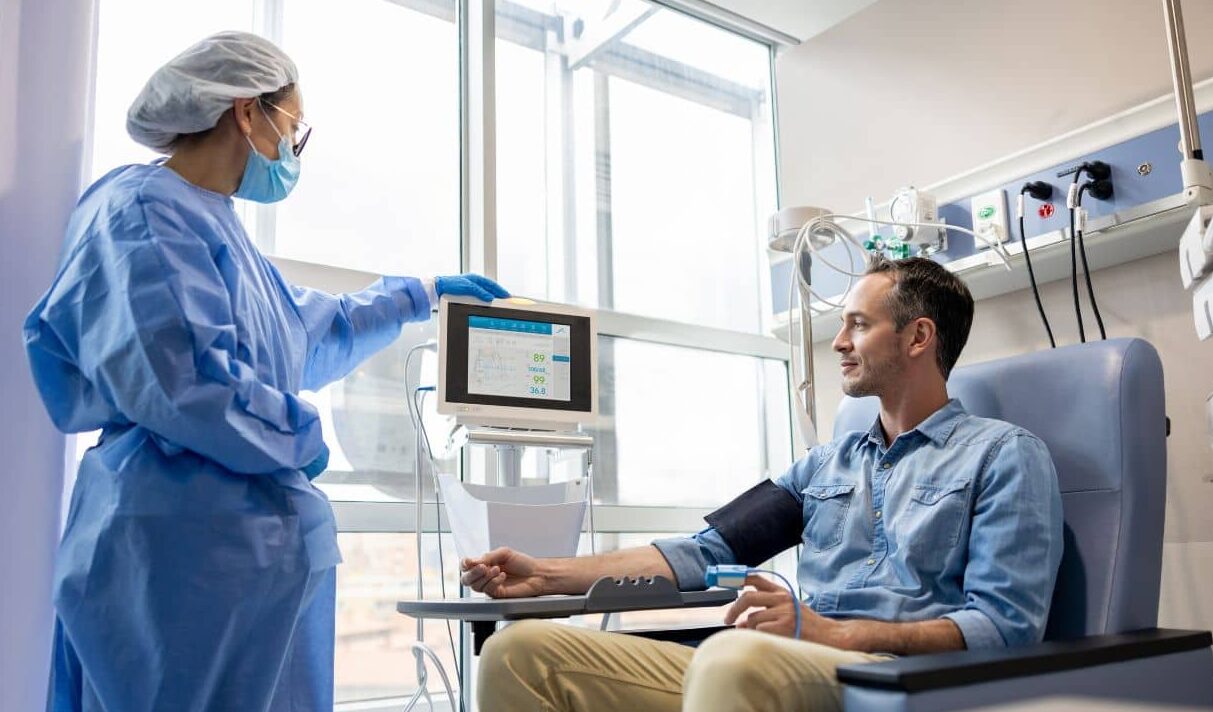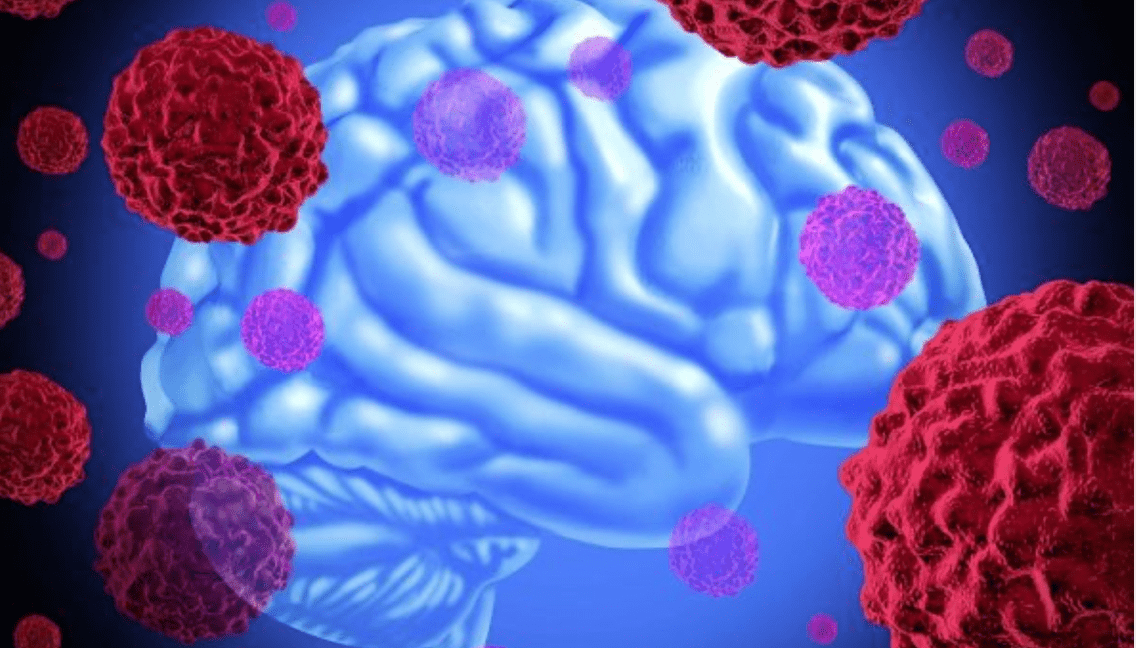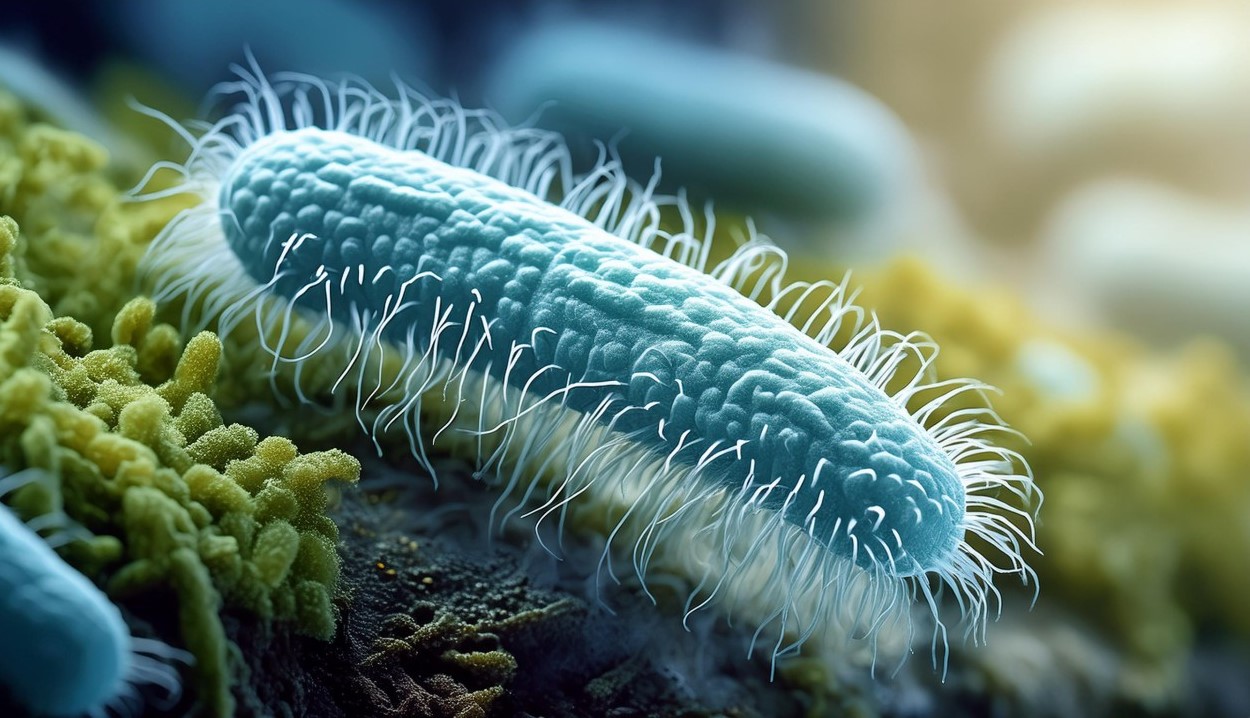-
 News
When glucose levels are low, chemotherapy ceases to affect cancer cells
News
When glucose levels are low, chemotherapy ceases to affect cancer cells
-
 News
Excessive treatment of prostate cancer in older men may reduce quality of life without increasing its duration
News
Excessive treatment of prostate cancer in older men may reduce quality of life without increasing its duration
-
 News
Brain cancer can be cured by viruses
News
Brain cancer can be cured by viruses
-
 News
Ways to reduce lymphatic pain in breast cancer have been found
News
Ways to reduce lymphatic pain in breast cancer have been found
-
 News
Scientists have turned bacteria into a powerful weapon against cancer
News
Scientists have turned bacteria into a powerful weapon against cancer
All news
Desmoid Fibroma treatment
Desmoid tumors (also called desmoid fibromatosis) are benign fibrous growths that occur rarely in the general population (5 to 6 per 1 million per year). Desmoid tumors are not considered sarcomas; however, they have been classified as aggressive fibromatosis, and the optimal treatment plan usually requires multidisciplinary teams only found in sarcoma centers.
Tests and producers used to diagnose: CT, MRI and biopsy.
Treatment options: Monitoring, Surgical excision, Radiation therapy, Chemotherapy, Anti-inflammatory drugs, Hormone therapies, and Targeted therapies.
MedTour patients recommend clinics for the treatment of desmoid fibroma:
Doctors for the treatment of desmoid fibroma
Patient reviews
Good!
I want to share my experience with Liv Hospital, where I had a prostate removal surgery due to cancer. From the very beginning, everything was well-organized – the staff helped me with all arrangements, and the doctor explained everything in detail. The hospital itself is very modern and clean, which made me feel more comfortable.
The surgery went well, and I was surprised how fast I started recovering. Now, a few months later, I feel much better and my tests show good results. I’m really grateful to the doctors and nurses at Liv Hospital for their professionalism and care. If anyone is looking for high-quality prostate cancer treatment, I can definitely recommend this place.
Frequently Asked Questions
Desmoid fibromatosis is a specific tumor of soft tissues. It originates from the connective tissue, which provides the strength of these bone, ligament and muscle structures.
You may encounter such synonyms of Desmoid tumor: Desmoid, aggressive fibromatitis, desmoid fibromatitis, deep fibromatitis, desmoid-type fibromatitis.
Among tumors, desmoid occupies an intermediate value, as it has quite aggressive growth, but never metastases.
Desmoid fibromatosis can occur in any anatomical region of the body. Desmoid is most often found in such areas:
- The rib cage,
- Limbs,
- The front abdominal wall,
- Peritoneal space.
Since the desmoid fibroma does not metastasize, the patient usually has a single focus. However, in rare cases, a primary multiple form may be detected.
Patients with desmoid fibromatosis do not show any disease specific symptoms. This is due to the fact that the tumor localization may differ in each new case of desmoid. Patients may make complaints such as:
- Swelling and swelling in the tumor area,
- Pain,
- Partial loss of functions, in case of limb damage.
- Seizure and nausea in case of abdominal desmoid.
As of today, there are no reliable data, which causes the desmoid. Scientists have found that most desmoid tumors are associated with a genetic mutation of the CTNNB1 gene. Desmoids associated with the CTNNB1 mutation often develop during or after pregnancy.
There is also evidence that desmoid fibromatosis occurs in patients who have an inherited genetic disease — familial adenomatous polyposis.
Specialists identify such risk factors:
- Age. Desmoid fibroma occurs more often at the age of 20-30 years. In children and elderly patients, the disease is quite rare.
- Pregnancy. A tumor may develop during pregnancy or soon after it.
- Injury. In rare cases, desmoid may develop in patients who have recently suffered an injury or surgery.
Desmoid refers to tumors of soft tissues. Along with sarcomas, this tumor is best treated in specialized departments — sarcomas centers. For international patients, such clinics are available in Turkey, Israel, Germany, South Korea, Spain, India.
To undergo diagnosis and treatment of desmoid in one of the foreign clinics, you need to leave a message on the MedTur website.
Our doctor-coordinator will contact you and answer all your questions. We will help you get an individual plan of diagnosis and treatment from a specialist in the field, as well as an estimate for treatment abroad. Our services are completely free. Payment for treatment you make directly in the clinic.
Team MedTur helps patients in the armor of airline tickets, transfer, interpreter and escort without additional fees.
Diagnostics and Treatment Abroad: American Cancer Society 2020 Recommendations
How do they diagnose desmoid fibroma?
Consultation and examination by a doctor
The specialist will collect a detailed anamnesis and clarify your complaints and then perform a detailed examination. This will allow for differential diagnosis with other diseases in the primary phase.
Tumor visualization
In order to evaluate the size and location of the tumor in relation to healthy tissue and organs, the doctor prescribes a CT scan and a positron emission tomography (PET). The information obtained during this instrumental diagnosis allows specialists to plan a further treatment plan.
Biopsy — tissue collection for testing in the laboratory
In order to make a final diagnosis, the doctor should fence a small section of cells from the tumor. In the case of desmoid fibroma, this can be done with a thin needle or by surgery to remove the tumor. In each case, this is solved individually, depending on the size of the tumor, its location and the current condition of the patient. The results of the biopsy give an accurate indication of which cells form the tumor, whether it is a desmoid or other tumors.
How is a desmoid fibroma treated abroad?
Active monitoring
If you are not experiencing any symptoms, your doctor may recommend observing the desmoid without active therapeutic measures. In this case, you should have an instrumental diagnosis (MRI, CT) every few months and follow up with your doctor.
In some cases, the tumor may not continue to grow and do not need to be treated. There are known cases of reverse development and reduction of desmoid fibromatosis in size.
Surgical treatment
If a tumor grows intensively in size and causes symptoms, specialists ask about surgical treatment. During surgery, the surgeon dissects the tumor and a small area of healthy tissue around it in order to avoid further spread. When the tumor grows into the tissues and complete removal is impossible, doctors remove the most accessible area.
Radiation Therapy
The treatment of desmoid fibromatosis uses powerful radiation therapy in the form of X-rays and proton particles. The doctor can prescribe radiation therapy in such cases:
The patient has contraindications for any surgical interventions in the current period.
The tumor is located next to important vessels, nerve plexuses or organs and its removal is impossible.
The tumor has been removed, but it is highly likely to grow and develop again.
Chemotherapy
Your doctor may prescribe chemotherapy to treat desmoid fibroma. As a rule, this is due to the intensive growth of the tumor and the inexpediency of the operation.
Other methods
In addition to traditional methods, desmoid therapy may include targeted medications (targeting therapy), as well as hormonal therapy. In 2020, more than 40 international studies of new methods of treatment of desmoid fibromatosis are being conducted.
Published:
Updated:










Does Ralf buhl also remove brain lipomas?